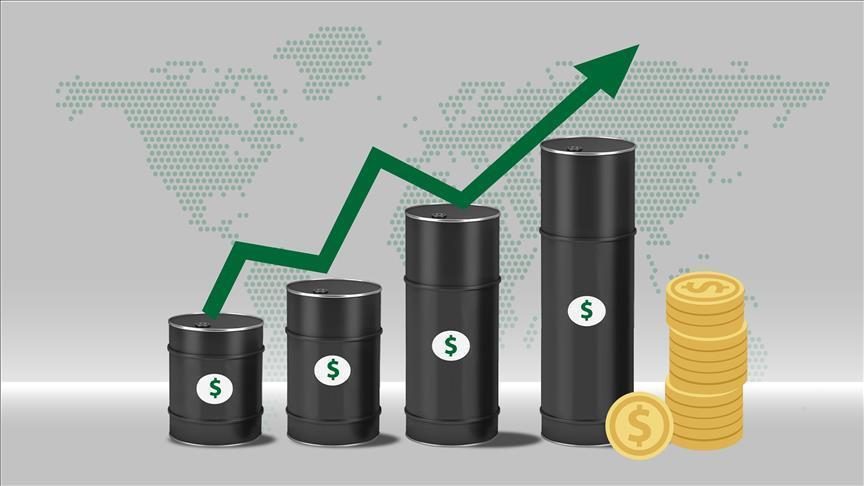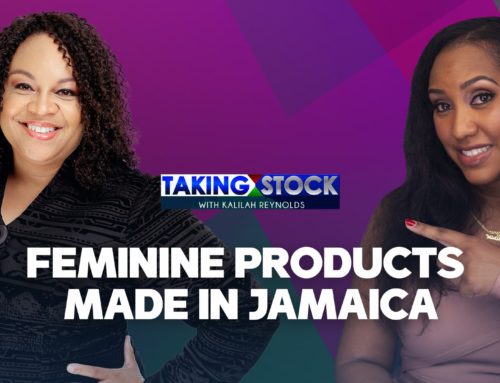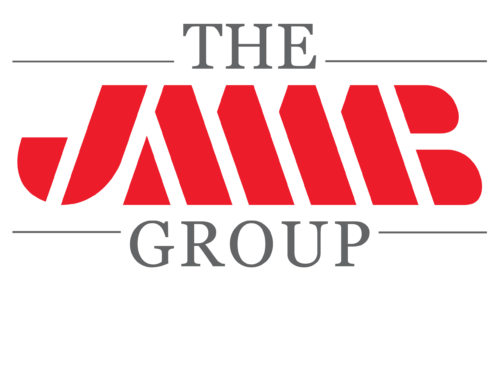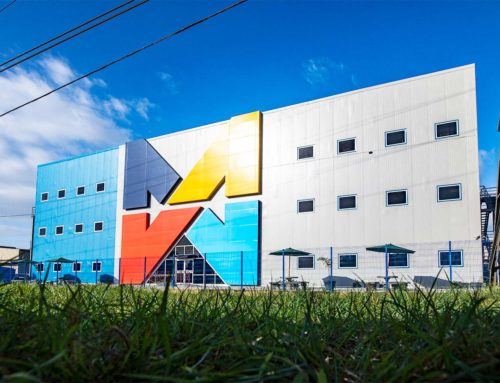
Surviving the Global Oil Price Hike
Oil prices are on the rise and consumers have already started to feel the financial pinch. For many, the oil and gas market has become a roller coaster ride, up today and down tomorrow. Let’s not forget oil prices plunged into negative territory last year when the price of West Texas Intermediate (WTI) crude dropped by almost 300%, with May 2020 futures trading at negative $37 per barrel.
Prices today are much higher with WTI crude now going for as high as US$82.94, just off its highest rate in seven years.
Speaking with Kalilah Reynolds on the latest edition of Taking Stock, Petrojam’s Managing Director, Winston Watson offered an explanation for the price hike.
“Within the last few weeks, Russia decided to raise the price of LNG to Europe which is their primary market. What happened is that the power producers in Europe switched from LNG to generate electricity, to petroleum base so that drove up demand,” said Watson.
He said the oil price hike is the result of a multiplicity of issues. Among them was a shortage of tanker drivers in Europe, which created a run on gas stations leading to a fuel shortage in Europe, especially in England. In response, the US market started sending petroleum products to England because the price is higher there. However, that depleted supply for US crude oil, which is the reference market for Jamaica.
“We are referenced to the US market so when the prices rise in the US we see that effect,” said Watson.
Notwithstanding, he stressed that consumers should turn their gaze to the prices of finished products instead of focusing on US crude prices, noting that there isn’t always a direct correlation between the two. However, he admitted that on this occasion, because the prices are rising dramatically and quickly, the link between crude prices and finished products is more apparent.
However, there are things consumers can do to mitigate the impact of this oil price hike. The Petrojam Managing Director noted that conserving energy is chief among the coping strategies.
“I think we can weather the storm. We have to practice some amount of restriction and conservation. A lot of people in Jamaica buy 90 octane gasoline when your vehicle needs 87. Ninety percent of the cars in Jamaica don’t need 90 octane gasoline. If your car is designed for 87 and you put 90 in there, it just blows it right through the tail pipe; you’re wasting money if you do that. 87 octane is cheaper than 90, start conserving, be very restrictive when you’re driving, where you’re going, all that speeding. We just have to be mindful and manage our consumption,” said Watson.
He hinted that the island’s economy could be in for a major hit in terms of its balance of payment obligations if the price hike persists, noting that it will start to deplete international reserves.
“We are dependent on petroleum based products although there are some renewables in the system…. Overall we’re still in a pickle if prices continue to rise. The impact on the economy could be high. It will depend on what is in the reserves at the BOJ because that is where you’ll get a lot of your foreign exchange because as you know, we’re not getting a lot of tourist dollars coming in, so that could also affect your exchange rate,” he said.
In the past, Jamaica’s agreement under the PetroCaribe deal with Venezuela shielded the island from these market-related shocks by ensuring there was a secure supply of crude oil to Jamaica.
“Petrojam would buy petroleum products at market prices but when we’re paying for it, if we’re gonna pay out US$100 for example, we would keep a percentage of that in Jamaica and pay that over to the government. So 40% goes to Venezuela and 60% stays in Jamaica so foreign exchange outflow was significantly reduced by that arrangement with Venezuela,” Watson explained.
With the absence of that arrangement, Jamaica is now at the mercy of the international markets. The Organization of the Petroleum Exporting Countries (OPEC) and its allies known as OPEC+ have decided to stick with the arrangement made in July to only increase oil production by 400,000 barrels per day starting November – a volume which industry analysts say is woefully inadequate to supply global demand.
Nevertheless, Watson remains optimistic.
“My firm belief is that it will continue for another couple of weeks, months and then I think it’s gonna go back down. The thing is as the prices go up you’re gonna see contraction, because economies are gonna be complaining, countries are gonna be complaining…. Some of the OPEC countries are saying $80 is a reasonable number. But I think it’s gonna go down because as the prices go up the demand is gonna go in the opposite direction,” he surmised.
In the meantime, the approaching winter season is expected to temper prices for petroleum products, as consumer trends show that people tend to travel less in the winter, thereby reducing global demand for gasoline and diesel.
New episodes of Taking Stock with Kalilah Reynolds premiere Tuesdays at 8pm on YouTube and kalilahreynolds.com
Ask The Analysts
The Cast David Rose Business Writer, Observer Leovaughni Dillion Investment Research & Sovereign Risk Analyst at JMMB Group
R.A. Williams to list on JSE
The Cast Audley Reid CEO R.A. Williams Distributors Julian Morrison Founder, Wealth Watch JA











Leave A Comment